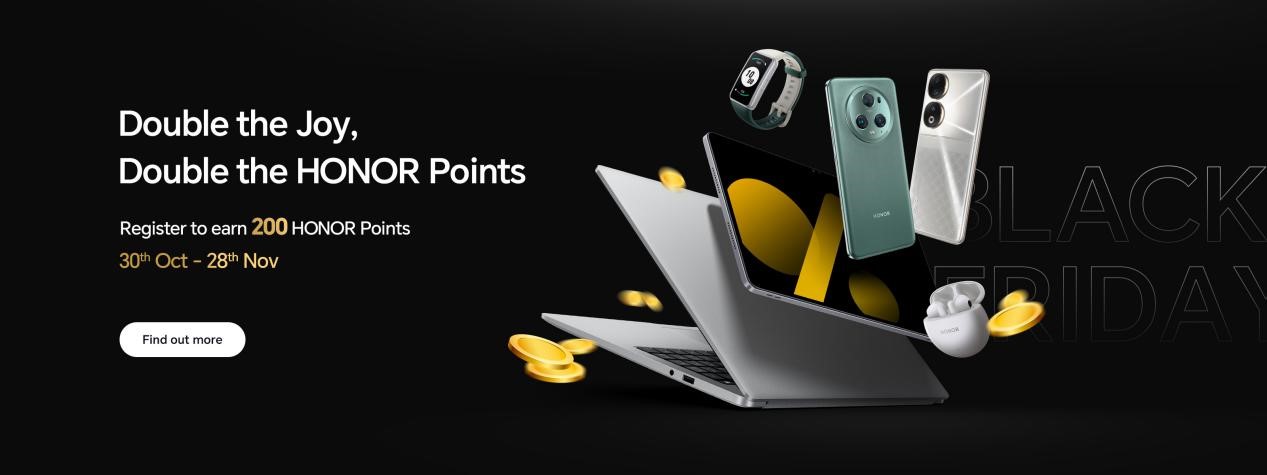As the calendar flips towards the end of November, consumers worldwide eagerly anticipate the arrival of Black Friday, a shopping extravaganza renowned for its jaw-dropping discounts and doorbuster deals. Beyond the sheer excitement of bargain-hunting, there lies a fascinating realm of consumer psychology that shapes the way we navigate the aisles and click through online stores on this fateful day.

Psychology of Black Friday
The Thrill of the Hunt
Discounts, the cornerstone of Black Friday, hold an unparalleled sway over shoppers. The mere sight of slashed prices can trigger a rush of adrenaline, creating a sense of urgency and excitement. This sensation, often referred to as the “thrill of the hunt,” is a primal instinct deeply ingrained in our psychology. It taps into the pleasure centers of our brain, providing a tangible sense of reward and satisfaction.
Creating a Sense of Urgency
One of the most potent psychological triggers during Black Friday is the concept of scarcity. Limited-time offers and low-stock warnings create a sense of urgency, compelling shoppers to make quick decisions for fear of missing out. Retailers strategically employ phrases like “limited quantity available” or “while supplies last” to capitalize on this psychological phenomenon.
Following the Crowd
In the digital age, social proof plays a pivotal role in consumer decision-making. Black Friday shoppers often turn to online reviews, ratings, and recommendations from peers to validate their choices. The principle of social proof asserts that people tend to follow the actions of others, especially when faced with uncertainty. Positive feedback and high ratings provide a sense of reassurance, influencing purchasing decisions.
Navigating Information Overload
Black Friday sales bombard consumers with a barrage of information, from product specifications to deal terms. This information overload can trigger cognitive biases, such as confirmation bias (seeking information that confirms pre-existing beliefs) or anchoring bias (relying too heavily on the first piece of information encountered). Recognizing and mitigating these biases empowers shoppers to make more rational choices.
Strategies for Black Friday Success
Understanding the psychological drivers behind Black Friday shopping can empower consumers to make savvy decisions. Here are some strategies to keep in mind:
Set Clear Goals
Define what you’re looking for and establish a budget beforehand to avoid impulsive purchases.
Prioritize Needs Over Wants
Distinguish between items you genuinely need and those that might be tempting but unnecessary.

Research in Advance
Familiarize yourself with product reviews, specifications, and prices to make informed comparisons.
Leverage Social Proof Responsibly
Consider reputable sources for reviews and recommendations, and avoid falling into the trap of herd mentality.
Practice Emotional Awareness
Recognize when emotions are influencing your decisions and take a moment to step back and reassess.
Conclusion
By arming themselves with an understanding of consumer psychology, Black Friday shoppers can navigate the frenzy, like the HONOR black Friday sales, with confidence and emerge with purchases that align with their needs and preferences. Remember, the true victory lies not only in scoring a deal but in making a choice that brings genuine value and satisfaction. Happy shopping!
